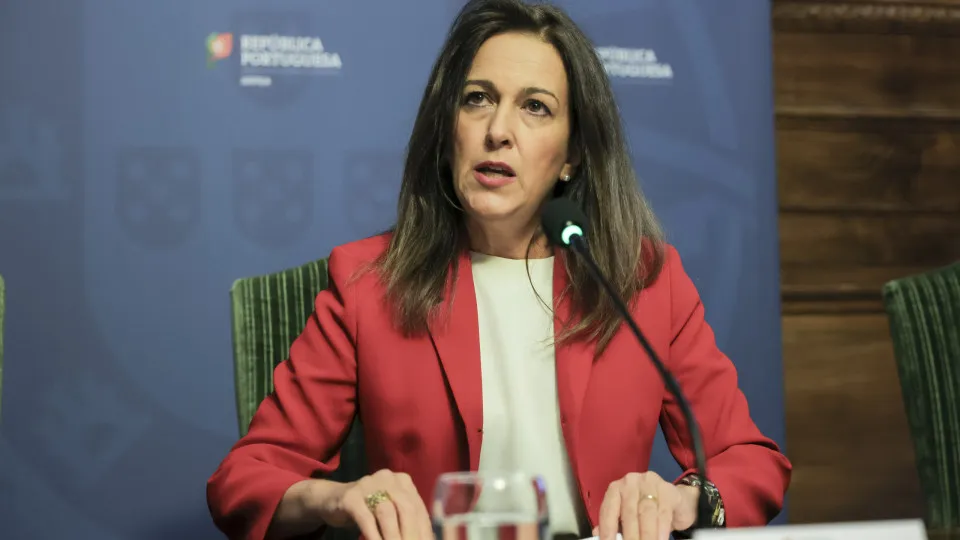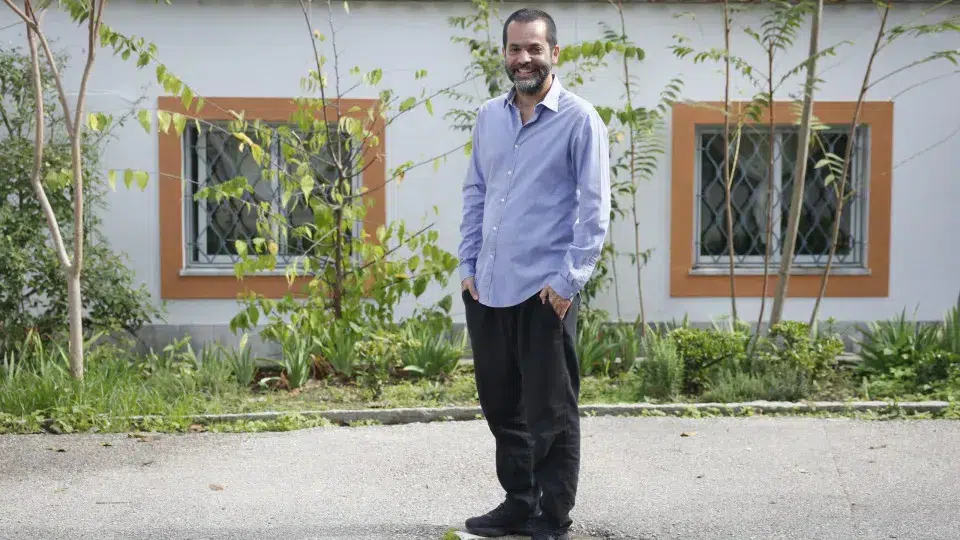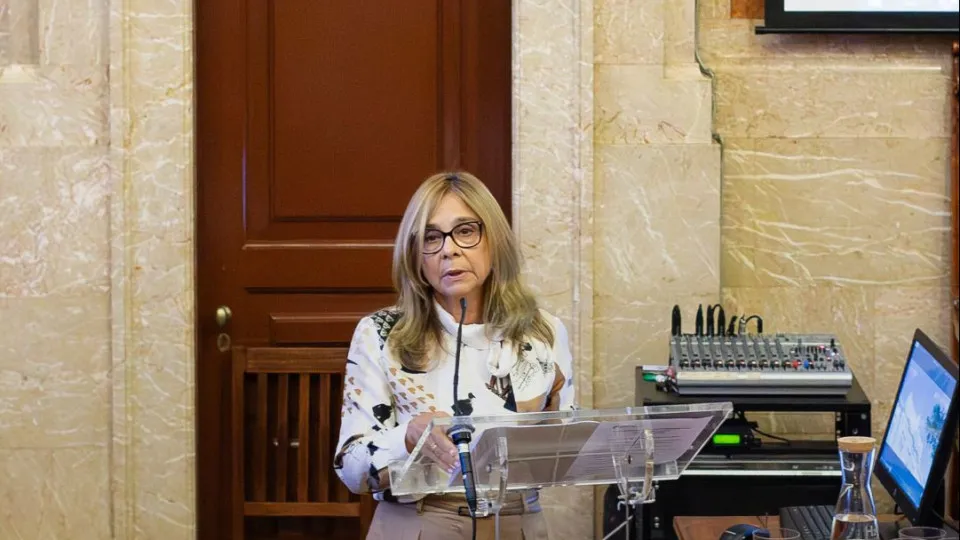
During the opening session of the conference “Administrative and Fiscal Jurisdiction – Overview in Portugal and Europe,” the official acknowledged that “the process has not been carried out without difficulties.”
“There are many challenges, as well as constraints reported to us. We are working daily to resolve them and to provide the best possible response and necessary support to the difficulties faced by the magistrates, including the prosecutors,” she assured.
Since October 20, courts have been using a unified computer system for procedural transaction, a change first reported at that time.
The Institute of Financial Management and Justice Equipment (IGFEJ), overseen by the Ministry of Justice and responsible for the courts’ computer systems, carried out the migration from the previous administrative and fiscal jurisdiction system, SITAF, to Citius.
On October 28, individuals associated with the administrative and fiscal jurisdiction stated that “chaos has set in” with the new computer system for magistrates, with cases, including urgent ones, being lost electronically, others directed to the wrong judges, access improperly removed, and trials postponed.
In today’s speech, the Minister of Justice recalled the October publication of a regulation extending electronic processing to all procedural phases and instances.
“We standardized the rules, making it mandatory for all procedural participants to conduct acts digitally through a single interface for all users,” she said, referring to the unified computer system.
Referring to the available data, Rita Alarcão Júdice mentioned that, since then, “there has been a positive evolution in the acts carried out by magistrates,” but that “they are still not entirely satisfactory.”
“On the contrary, acts carried out exclusively by prosecutors have more than doubled compared to the period before the migration,” she noted with satisfaction.
Assuring that “the administrative and fiscal jurisdiction is among the Ministry of Justice’s priorities,” the official said that “all ongoing investments in digital transformation must result in an effective improvement of procedures, efficiency, and procedural speed.”
The minister also indicated that, “very soon,” she hopes to conclude “the regulatory diploma on legal advice for magistrates, which will certainly provide valuable assistance to the functioning of administrative and fiscal courts.”
The conference held today in Évora was organized by the Association of Magistrates of the Administrative and Fiscal Jurisdiction of Portugal (AMJAFP), bringing together Portuguese magistrates and those from France, Spain, and Italy in a debate on legal reforms, court management, and the enhancement of magistrates.




